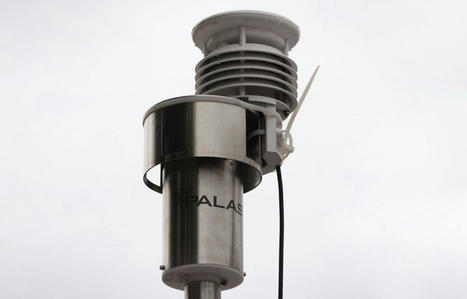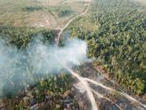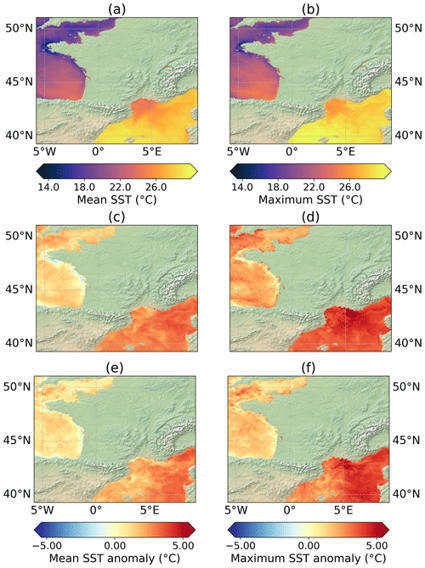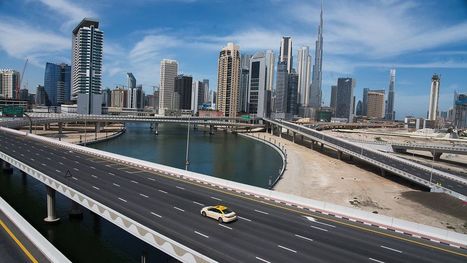Des chercheurs de l’Institut de politique énergétique de l’université de Chicago (Etats-Unis) ont désigné les particules fines présentes dans l’air comme l’élément le plus nocif pour les humains. Dans une étude publiée ce mardi, les experts ont affirmé que cette pollution atmosphérique menaçait davantage la santé publique que les maladies infectieuses ou encore la consommation de tabac ou d’alcool.
Get Started for FREE
Sign up with Facebook Sign up with X
I don't have a Facebook or a X account
 Your new post is loading... Your new post is loading...
 Your new post is loading... Your new post is loading...

DocBiodiv's curator insight,
January 12, 2021 8:08 AM
05/01/2021 - Communiqué de presse Lire Pedro H.S. Brancalion, Eben N. Broadbent, Sergio de-Miguel, Adrián Cardil, Marcos R. Rosa, Catherine T. Almeida, Danilo R. A. Almeida, Shourish Chakravarty, Mo Zhou, Javier G. P. Gamarra, Jingjing Liang, Renato Crouzeilles, Bruno Hérault, Luiz E. O. C. Aragão, Carlos Alberto Silva, Angelica M. Almeyda-Zambrano. 2020. Emerging threats linking tropical deforestation and the COVID-19 pandemic . Perspectives in Ecology and Conservation . |

DocBiodiv's curator insight,
May 20, 2020 7:47 AM
D'après l'étude parue ds Nature Climate Change le 19 mai 2020 Temporary reduction in daily global CO2 emissions Reporterre titre "Confinement : le transport terrestre représente 43 % de la baisse des émissions de CO2" |














20 Minutes avec agences le 29/08/2023